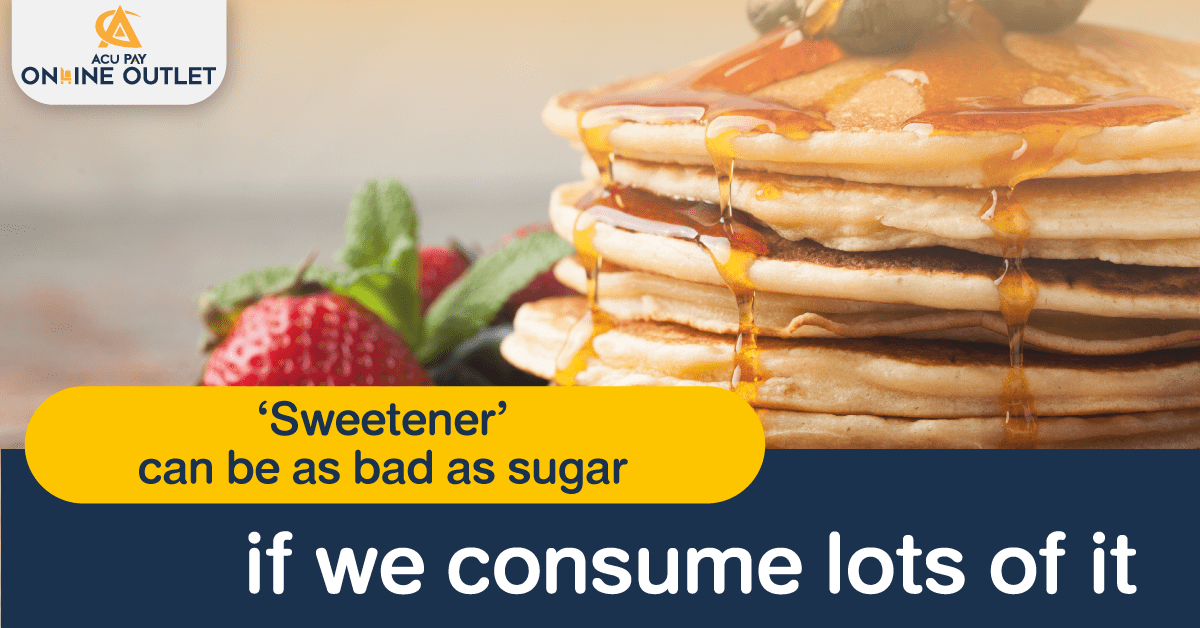

Furthermore, the statement said: “This guidance applies to all people except those already with diabetes and includes all naturally occurring or modified sweeteners which have no nutritions that are not classified as sugars found in foods and beverages manufactured or sold to add in food and beverages by consumers.”
There are both energy-giving sweeteners and non-energy-giving sweeteners.
The type of alcohol sugar such as mannitol, xylitol, and sorbitol. Not suitable for people who want to control their weight and those with diabetes.
Such as Aspartame, Stevieoside (sweet grass), sucralose, and saccharine. Suitable for diabetics and weight controllers.
The World Health Organization has recommended changes in consumption and dietary preferences that do not go through the process of over-filling or may choose to eat sugar from fruits and vegetables instead but need to consider the amount as well.